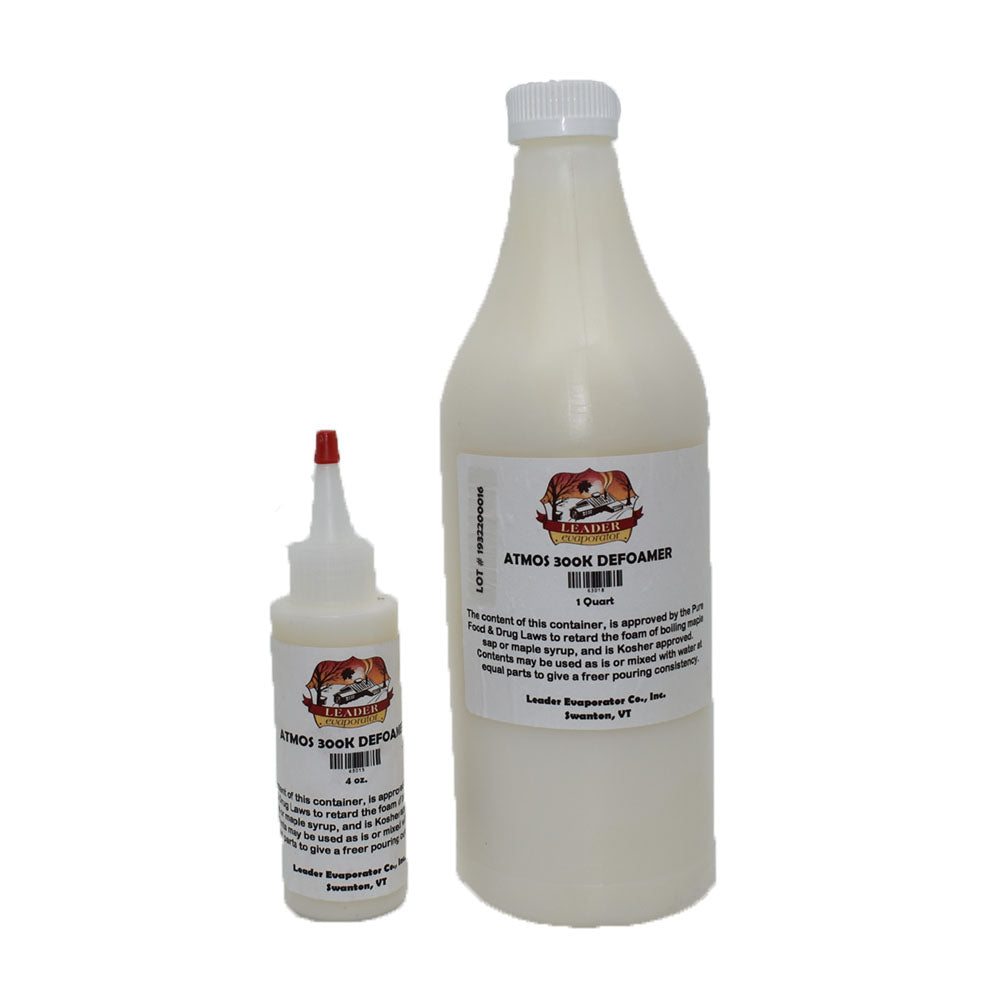Why Defoamers Are Essential in Water Treatment and Waste Management
Why Defoamers Are Essential in Water Treatment and Waste Management
Blog Article
The Role of Defoamers in Enhancing Item High Quality and Efficiency
In various manufacturing procedures, the existence of foam can dramatically prevent product top quality and operational performance. Defoamers work as crucial ingredients that alleviate this issue, guaranteeing smoother manufacturing process while enhancing the aesthetic and practical features of the last items (defoamers). Their application spans a wide range of sectors, from food and beverage to pharmaceuticals, where consistency and dependability are critical. Nonetheless, the selection of the appropriate defoamer can be important to accomplishing optimal results, increasing crucial questions regarding formula compatibility and efficiency metrics that merit additional expedition.
Understanding Defoamers
Understanding the duty of defoamers is essential for maintaining item quality throughout various markets. Defoamers are chemical additives developed to lower and protect against the formation of foam in liquid systems, which can detrimentally impact procedures such as mixing, filling, and surface tension. Foaming can result in inefficiencies, item problems, and compromised aesthetic charm, making defoamers an important element in manufacturing operations.
In industrial applications, defoamers aid to improve product consistency and security. The efficient usage of defoamers not only ensures smoother manufacturing procedures but additionally contributes to premium item performance.
In addition, the choice and formulation of a defoamer need to line up with specific application needs, such as compatibility with other active ingredients, effectiveness under differing temperature level and pH conditions, and prospective governing restrictions. Eventually, understanding defoamers' features and their importance in different formulations is vital for optimizing production and ensuring the best final result.
Sorts Of Defoamers
Defoamers can be classified right into several types based on their make-up and mechanism of action. The main kinds include silicone-based, non-silicone organic, and inorganic defoamers.
Silicone-based defoamers are amongst one of the most effective, mainly because of their capacity to spread out quickly on the liquid surface and interrupt foam development. Their one-of-a-kind chemical framework enables exceptional stability, making them appropriate for high-temperature applications and settings with differing pH degrees.
Non-silicone natural defoamers, often composed of fatty acids or natural oils, are valued for their biodegradability and lower toxicity. These are usually utilized in food and drink applications where security and ecological effect are extremely important.
Not natural defoamers, which consist of materials like talc or calcium carbonate, act by raising the thickness of the fluid, therefore lowering foam security. They are usually made use of in commercial procedures where compatibility with various other products is not a worry.
Each kind of defoamer has unique advantages and limitations, permitting customized remedies depending on the details frothing concerns come across in different applications. Comprehending these differences is essential for optimizing performance and attaining preferred product top quality.
Applications Throughout Industries
Many sectors take advantage of defoamers to boost item top quality and functional effectiveness. In the food and beverage industry, defoamers are vital in procedures such as brewing and milk production to avoid foam formation, which can result in inefficiencies and item disparity. By controlling foam, manufacturers can ensure much better yield and an extra uniform item.
In the pharmaceutical market, defoamers play a crucial role in the solution of fluid drugs, where excessive foam can restrain mixing and exact application. Their usage helps keep the integrity of the solutions and helps with smoother production procedures.
The paint and finishings sector also counts on defoamers to improve the efficiency of products during application. By decreasing foam, these additives ensure a smoother coating and enhance the aesthetic top qualities of the end product.

Advantages of Making Use Of Defoamers
While the application of defoamers Read Full Article differs throughout markets, their advantages continually boost item top quality and procedure performance. One significant benefit is the reduction of foam formation during making processes, which can or else result in production hold-ups and inconsistencies in product high quality. By lessening foam, defoamers make it possible for a smoother circulation of materials, promoting a lot more efficient procedures and minimizing the likelihood of equipment breakdowns.
Furthermore, using defoamers can improve the look and appearance of end products. In sectors such as coverings, paints, and food processing, too much foam can jeopardize the visual appearances and general high quality, while the appropriate defoamer application makes certain an uniform finish and preferable features. Additionally, defoamers can add to set you back financial savings by decreasing waste throughout production and maximizing using resources (defoamers).
Choosing the Right Defoamer
Choosing the appropriate defoamer is critical for optimizing production processes and making sure item top quality. The choice of defoamer influences not just the performance of foam control yet additionally the overall performance characteristics of the end product. Factors to take into consideration consist of the type of application, the chemistry of the formula, and the environmental conditions under which the item will certainly be utilized.
Different industries might need certain defoamer types, such as silicone-based, organic, or polymeric defoamers. Recognizing the compatibility of the defoamer with the key components is important to prevent unfavorable reactions that can jeopardize product honesty. Furthermore, the defoamer's efficiency in various temperature levels and pH levels need to be assessed to ensure regular efficiency.
Examining the defoamer in small-scale applications can give important understandings into its efficiency and suitability. Factor to consider of regulative conformity, particularly in click resources food, pharmaceuticals, and cosmetics, is vital in selecting a defoamer. Eventually, a thorough evaluation of these factors will lead to the choice of a defoamer that not just controls foam properly but additionally improves the top quality and performance of the end product.
Conclusion

In final thought, defoamers are vital additives that considerably improve product top quality and efficiency throughout different industries. The strategic option and application of defoamers lead to set you back financial savings, enhanced resource usage, and raised client fulfillment.
Lathering can lead to inefficiencies, item flaws, and jeopardized aesthetic allure, making defoamers an important element in manufacturing procedures.

Report this page